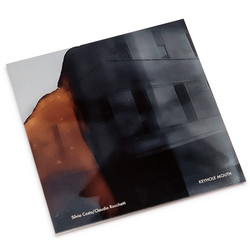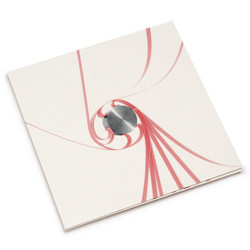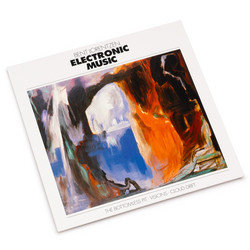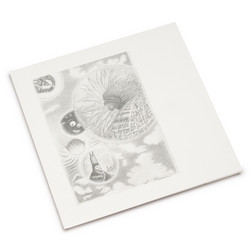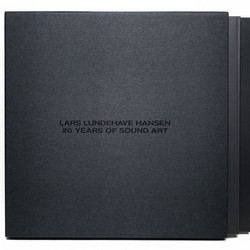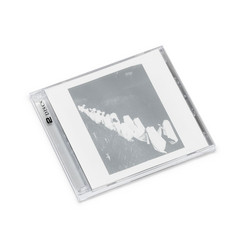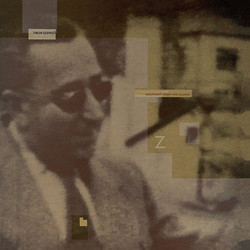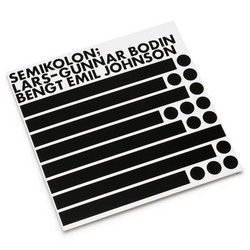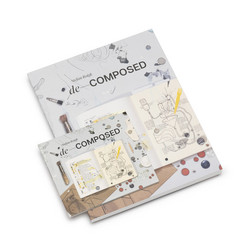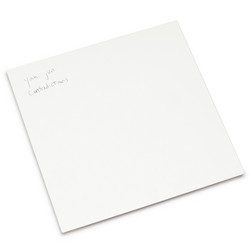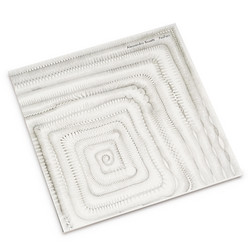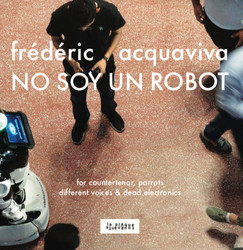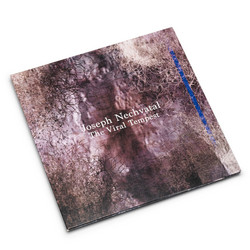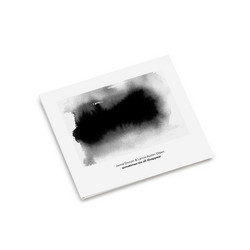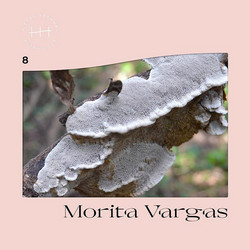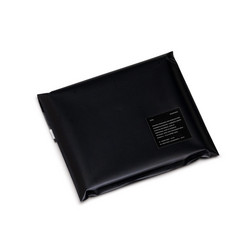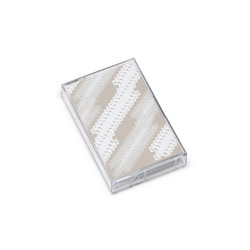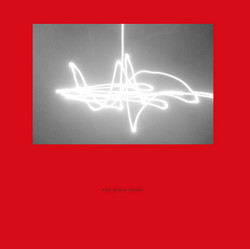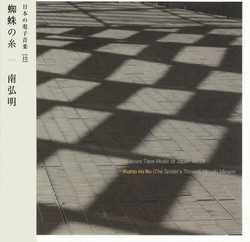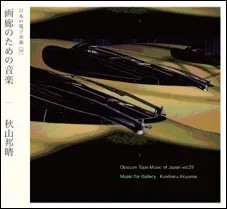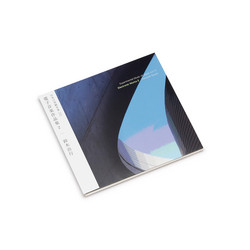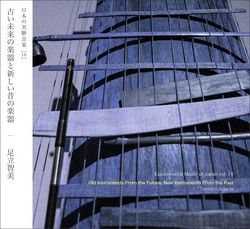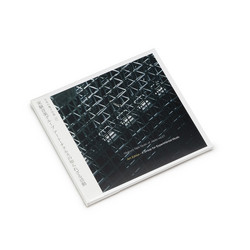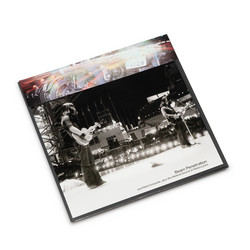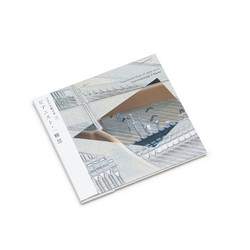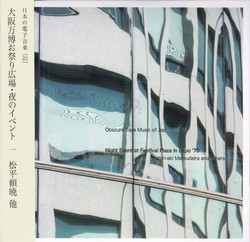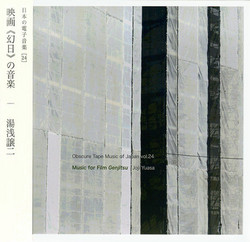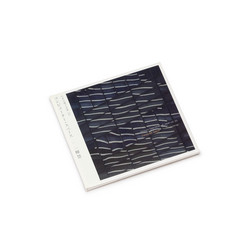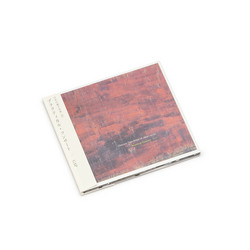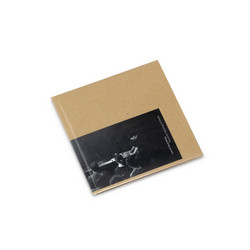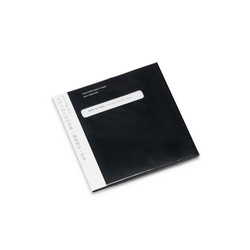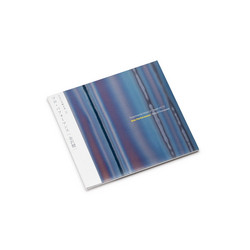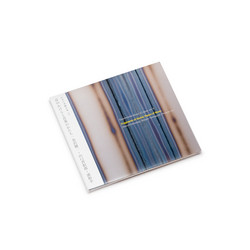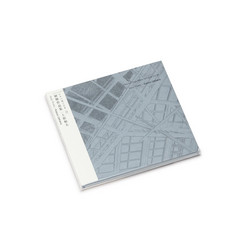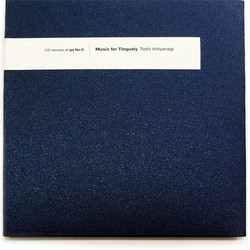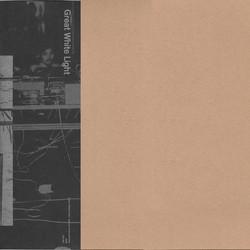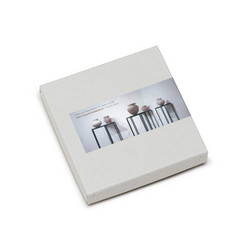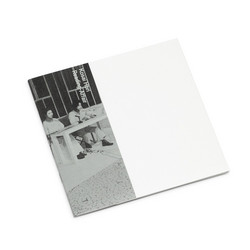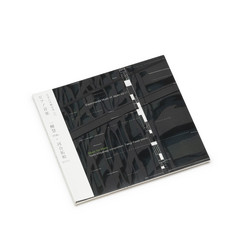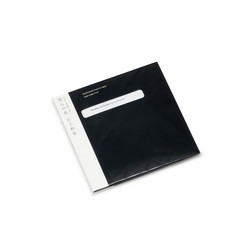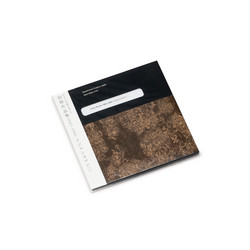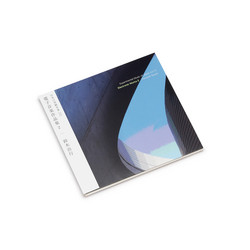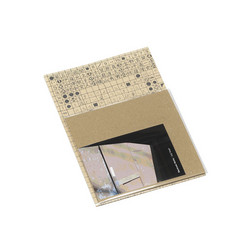Hiroaki Minami
Electronic symphony No.1
Label: Edition Omega Point
Series: Obscure Tape Music Of Japan
Format: CD
Genre: Sound Art
Out of stock
Little-known composer Hiroaki Minami was a professor of electronic music at the Tokyo National University of Fine Arts & Music and is a pioneer of synthesizer music in Japan. He built a private studio for his self-made synthesizer in his home in 1976, and shortly thereafter, he composed this piece, Electronic Symphony No. 1, filled with spacey and very noisy analog synthesizer sounds, much like Roland Kayn's '60s concrète works. Contains liner notes by the artist in Japanese and English; housed in a limited-edition specially-designed cardboard paper sleeve.
The artist himself: "At the age of 15, having more of an interest in technology than music, I began to build radio sets and vacuum tube amplifiers. In the next 20 years, electronics advanced into the realm of transistors and integrated circuits, creating a huge potential for the use of the synthesizer for musical applications. In the '70s as knowledge about experiments in transistors, integrated circuit oscillators, and filter technology became available in electronic technology magazines, I attempted IC even though I only had vacuum tubes to complete an analog synthesizer, and I also purchased 2-channel and 4-channel tape recorders. I was finally equipped with the necessary equipment to create electronic music when tragedy struck my family: my 8 year-old daughter died from liver disease. It compelled me to compose the fifth movement 'Sorrow Song The Stars Sang' of the Electronic Symphony No.1 as the requiem for my daughter. The piece, created from my own analog synthesizer, was distributed throughout the world as an individual work, and only later did I compose the rest of the movements in order to complete Symphony No. 1." -- from the liner notes
